Leafy and Edible Plants of North-East India
Synopsis
The Convention on Biological Diversity (CBD), which entered into force on 29 December 1993, is one of the most innovative international instruments for conservation and sustainable use of biodiversity and equitable sharing of the benefits arising from sustainable use of genetic resources. CBD requires each contracting party ‘as far as possible’ and ‘as appropriate’ to identify the economic component of biodiversity for conservation and sustainable use and to adopt ‘socially and environmentally sound measures to achieve conservation and sustainable development’. CBD also ensure the protection of sovereign rights of each country over its biological wealth and associated local knowledge systems. CBD has thus stimulated an enhanced awareness not only on the intrinsic values of biodiversity, but also on the need to evolve adequate national mechanisms, through comprehensive plans, policies and strategies for protection / conservation, maintenance and sustainable utilization of biodiversity. The first and foremost requirements for any country is to have a comprehensive knowledge of the biodiversity that the country holds. Inventory, documentation, evaluation and prospecting are the important steps to be undertaken in this respect. Viewed against this back ground the report brought out by Dr. Sudhir Kumar is timely, well merited and critically important. The Himalayas in general, and the North East Himalayas in particular, is a treasure trove of plant diversity. One of the two hotspots in India (out of the 25 global biodiversity hotspots), is located in this region. A large number of rare, exquisite, economically important, endangered and endemic plants are found in this region. This region is also inhabited by some of the most fascinating traditional communities of India, who living here for thousands of years have built a precious knowledge about the use of the bioresources of the region. While people in most other part of the country as well as in the world have already forgotten the use of wild plants for edible and medicinal purpose, it is still well preserved and practiced by the local communities of N.E. Himalayas. But this knowledge/wisdom and practices that the local people maintained in all these years are now facing the threat of extinction. Efforts have been made to conserve this knowledge base since 1983 by the Ministry of Environment and Forests, Govt. of India by launching a project to document the traditional knowledge systems associated with the use of bioresources by the tribal communities under the "All India Coordinated Research Project on Ethnobiology (AICRPE)", which was continued up to 1998. The undersigned functioned as the Chief Coordinator of the AICRPE and, therefore, can unhesitatingly say that the inventory documentation, evaluation of the biological resources and the associated local knowledge system of North East India is still incomplete. It may be mentioned here that this area holds key for the evolution of many important plant species which could offer valuable genes and biodynamic compounds of great economic importance.
Read more
17.10
15.39
$
18.00 $
Free delivery Wolrdwidе in 10-18 days
Ships in 2-4 days from New Delhi
Membership for 1 Year $35.00
Get it now and save 10%
Get it now and save 10%
BECOME A MEMBER

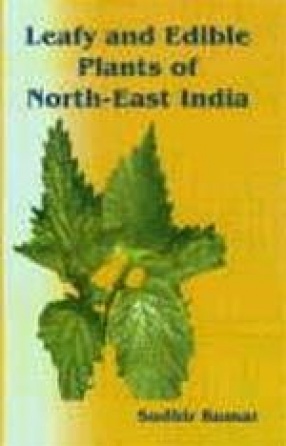
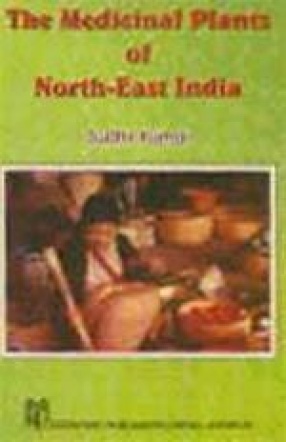
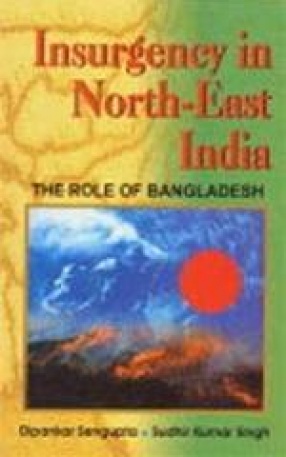
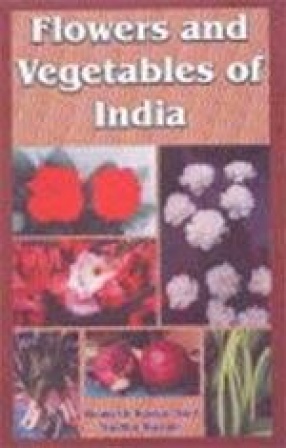
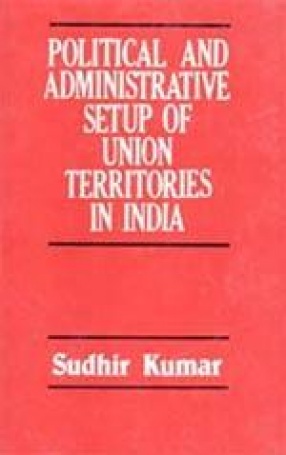
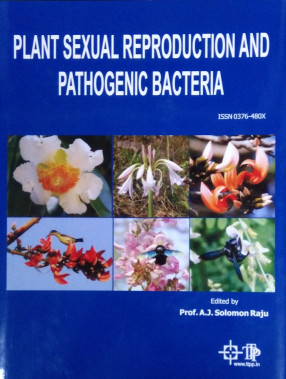
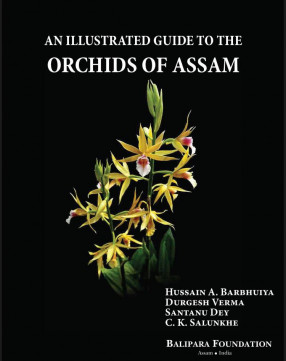
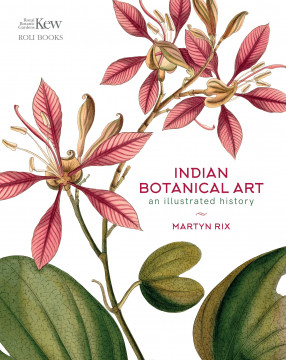
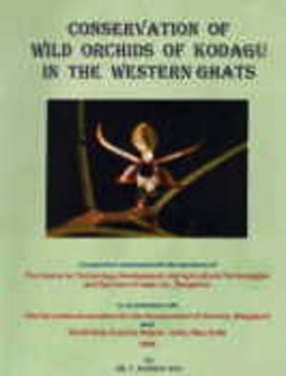

Bibliographic information